DEARBORN HEIGHTS — At a community gathering on Saturday, Feb. 15, organized by the Michigan Center for Contextual Factors in Alzheimer’s Disease (MCCFAD) at the University of Michigan, elderly Arab Americans and their families learned of new approaches to long-term care and prevention and joined in a lively discussion.
Held at the Islamic Institute of America in Dearborn Heights, attendees heard from experts and participated in activities to get a better sense of the disease and its implications. An open and honest conversation about stigmas, misconceptions relating to the disease and the role of caretakers were important features of the afternoon.
MCCFAD, a collaborative effort between the University of Michigan, Michigan State University, Wayne State University and Eastern Michigan University, practices an innovative approach to Alzheimer’s Disease and Related Dementias social and behavioral science research among Middle Eastern, Arab American and Latino communities, connecting factors such as social and economic disparities to its aims of improving care-giving, research on lowering risk factors and, more importantly, dispelling stigma regarding Alzheimer’s disease.
The event, like many to come, was part of a “community coffee time” in which the Center hopes to draw attention and increase awareness of the biological and social factors and impact of the disease through direct engagement.
“In addition to bringing information and resources, MCCFAD is also very committed to promoting research on Alzheimer’s disease in the Arab American community,” MCCFAD Director and U of M professor Kristine Ajrouch said. “Right now there is very little research that exists on Arab Americans as it relates to (this) disease.”
Ajrouch highlighted two important upcoming research projects led by MCCFAD-affiliated research that will aim to study both elderly Arab Americans and health issues among the community in general. Readers should look out for a separate informational article on the Detroit Aging and Memory Project (D-AMP), forthcoming in The Arab American News.
As part of our mission, we’d like to reduce the stigma around hearing the word (for dementia) in Arabic, because we have to be able to talk about it if we want to address the challenges that come with Alzheimer’s disease and dementia. – Dr. Kristine Ajrouch
Attendees listened and engaged with Ajrouch and Alzheimer’s Association Program Coordinator Claudia Schwenzer as they discussed cutting-edge and relevant research topics relating to Alzheimer’s. Ajrouch touched on the fact that the clinical word for dementia in Arabic is often met with negativity, and that the word is often perceived as an insult.
“One of the aims of our community coffee time gathering is to draw attention, bring awareness and knowledge about the disease,” Ajrouch said. “As part of our mission, we’d like to reduce the stigma around hearing the word in Arabic, because we have to be able to talk about it if we want to address the challenges that come with Alzheimer’s disease and dementia.”
Schewenzer told The Arab American News that as the number of people with Alzheimer’s disease and dementia rises, it’s important to have conversations with families and to hear their voices.
“I was really encouraged at the number of questions and insight from the community members,” Schwenzer said of the community responses to the informational meeting. “In the field of dementia, there are no ‘wrong’ questions, as the progression of Alzheimer’s disease and its characteristics are unique to each individual with the diagnosis and there is always more to learn.
“In this way, both the audience and myself as the facilitator learn from each other. There are always more families to reach in regards to education about Alzheimer’s disease and dementia, and more stories to hear from people willing to share them.”
At the event, Schwenzer clarified that dementia is a broad, umbrella term for multiple diseases that affect the functionality of the adult, aging brian, including Alzheimer’s, which is the most common form of dementia. She also answered questions from the audience and covered important information about symptoms and age-related changes, risk-factors and caregiving.
MCCFAD Director Dr. Toni Antonucci said good mind and body health and proper nutrition are key preventative tools that can decrease the likelihood of Alzheimer’s. She that as people live longer due to medical advances, the risk of contracting Alzheimer’s disease has increased, and that the research around the disease is in its pioneering stages.
The Alzheimer’s Association has a toll-free, 24/7 helpline caregivers can call to help relieve stress, people living with dementia can call to speak with someone, or use for other questions like help finding local resources or registering for programs. The number is 800-272-3900 and callers can choose their preferred language, including Arabic.
A full video of the event can be viewed on the Islamic Institute of America’s YouTube channel: https://www.youtube.com/watch?v=dUul8SMQ7CM&t=854s
This article was written with the support of a journalism fellowship from the Gerontological Society of America, Journalists Network on Generations and the Retirement Research Foundation.


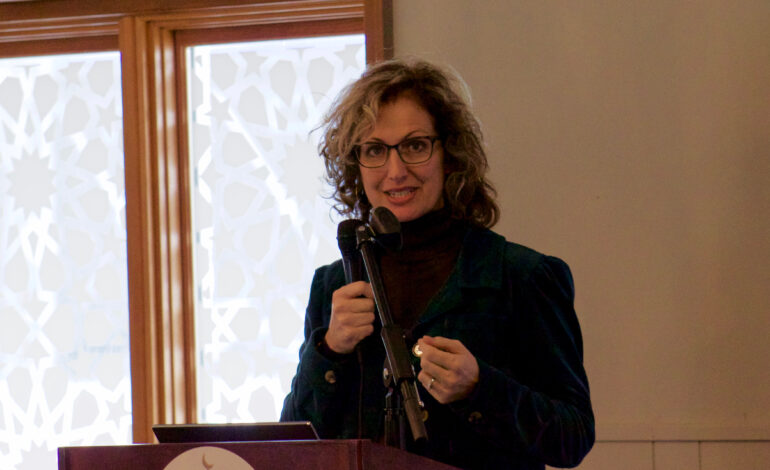
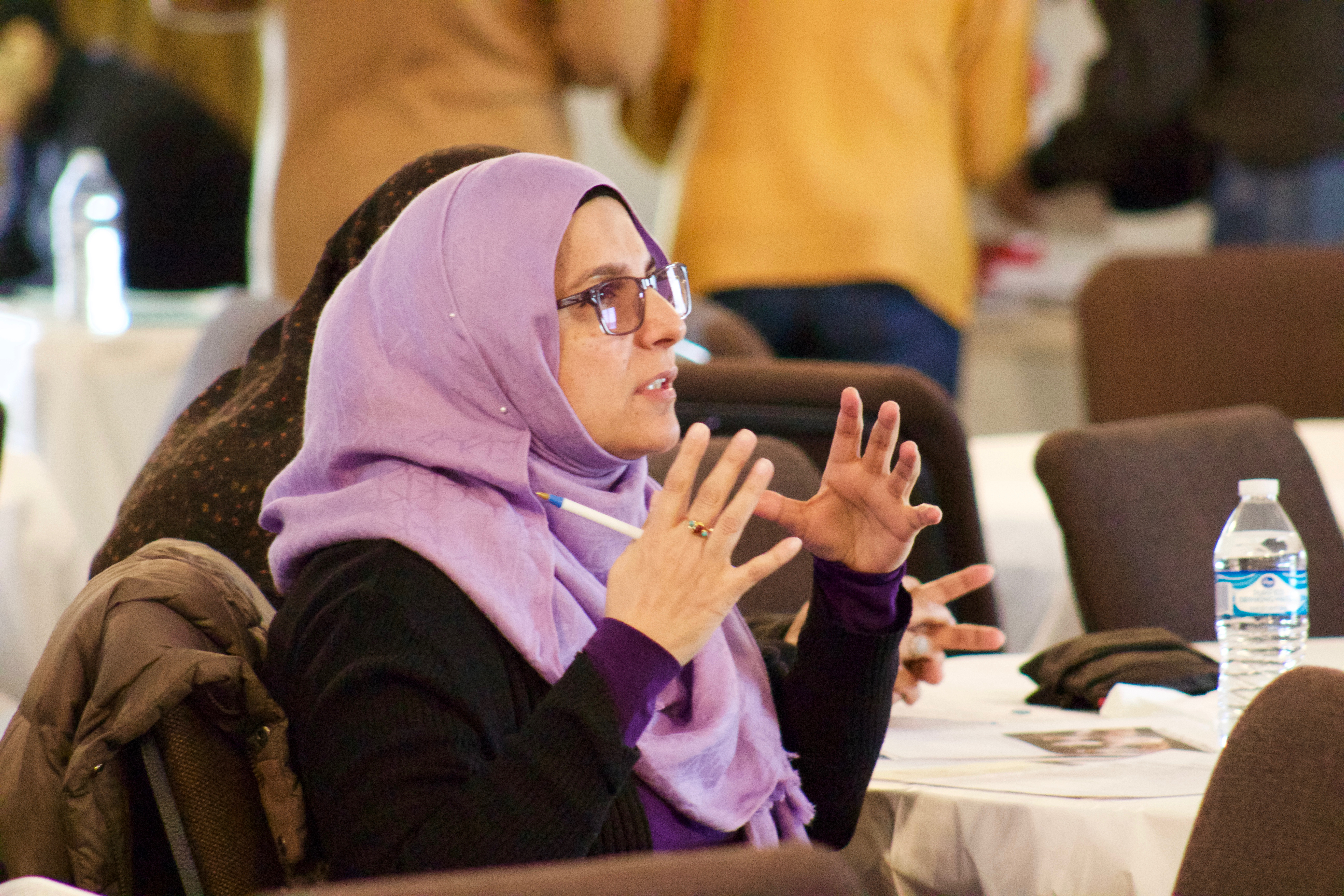
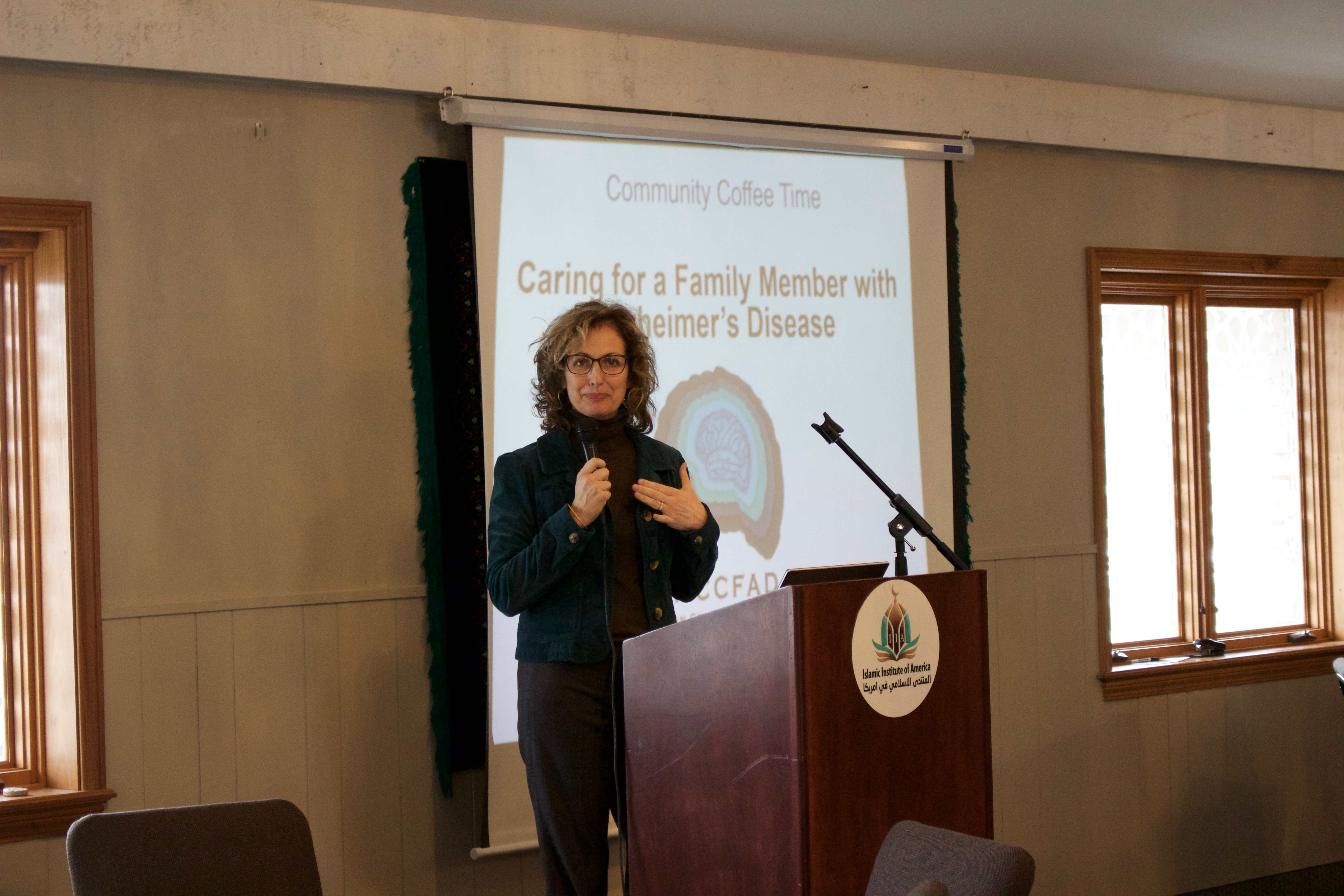
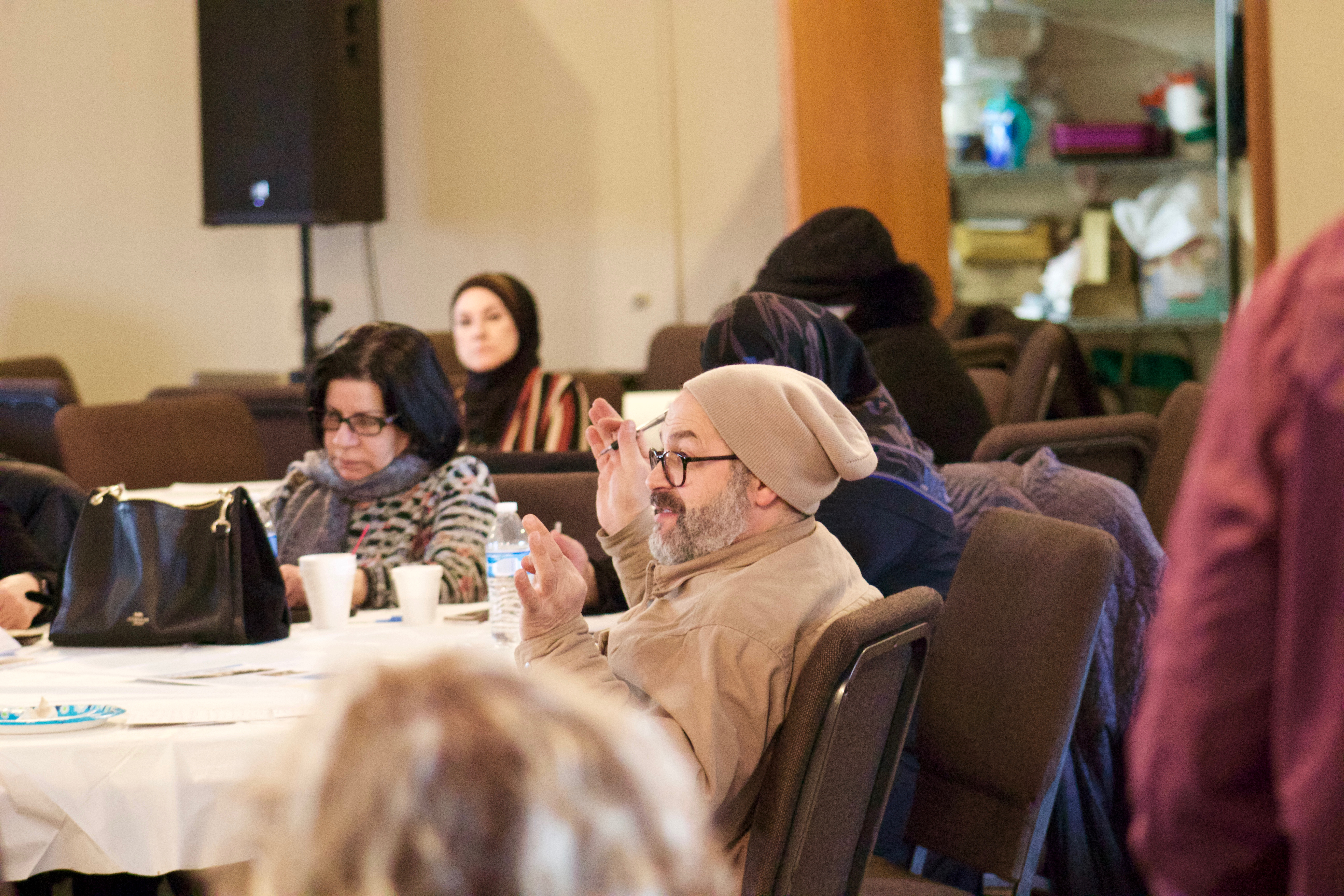
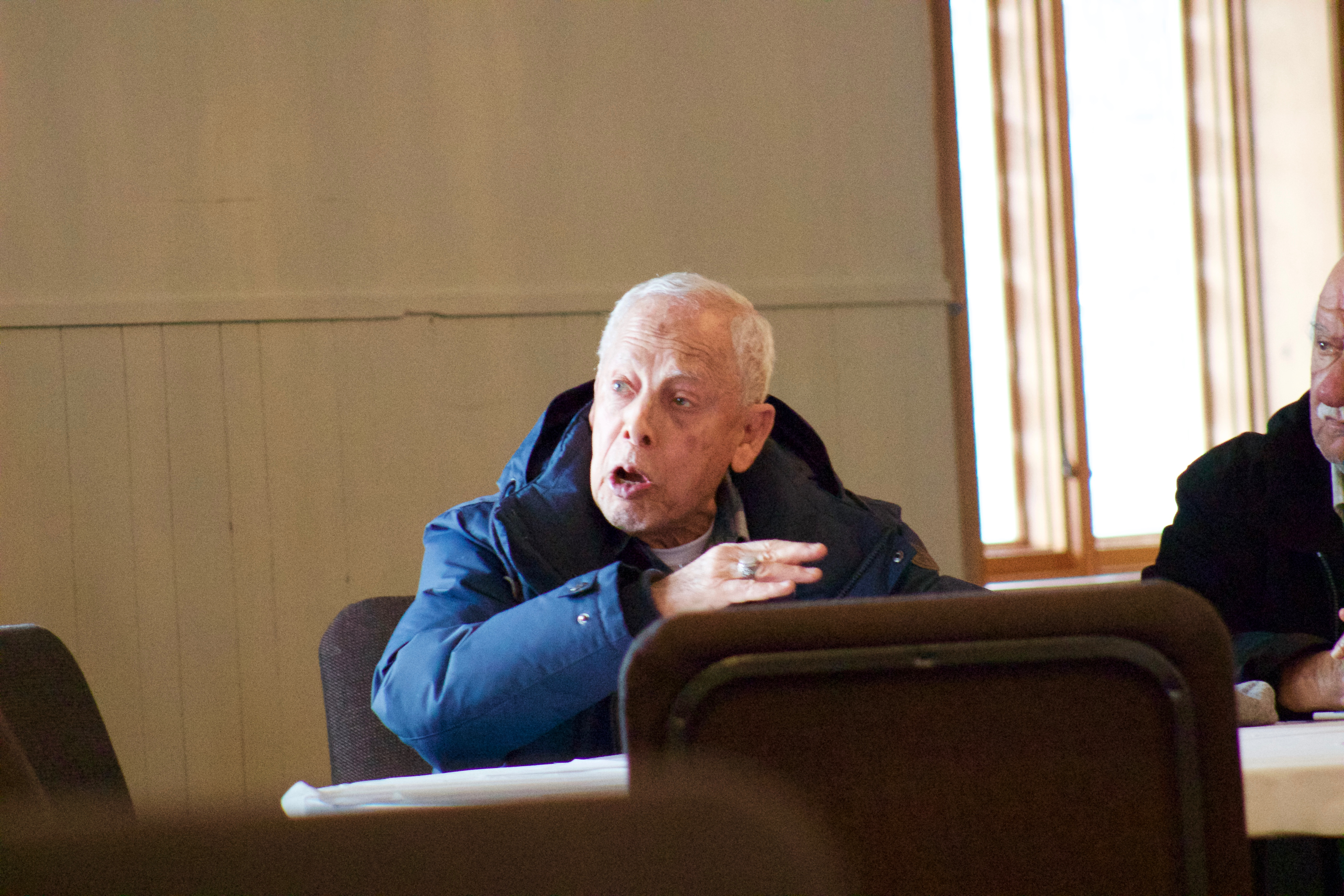
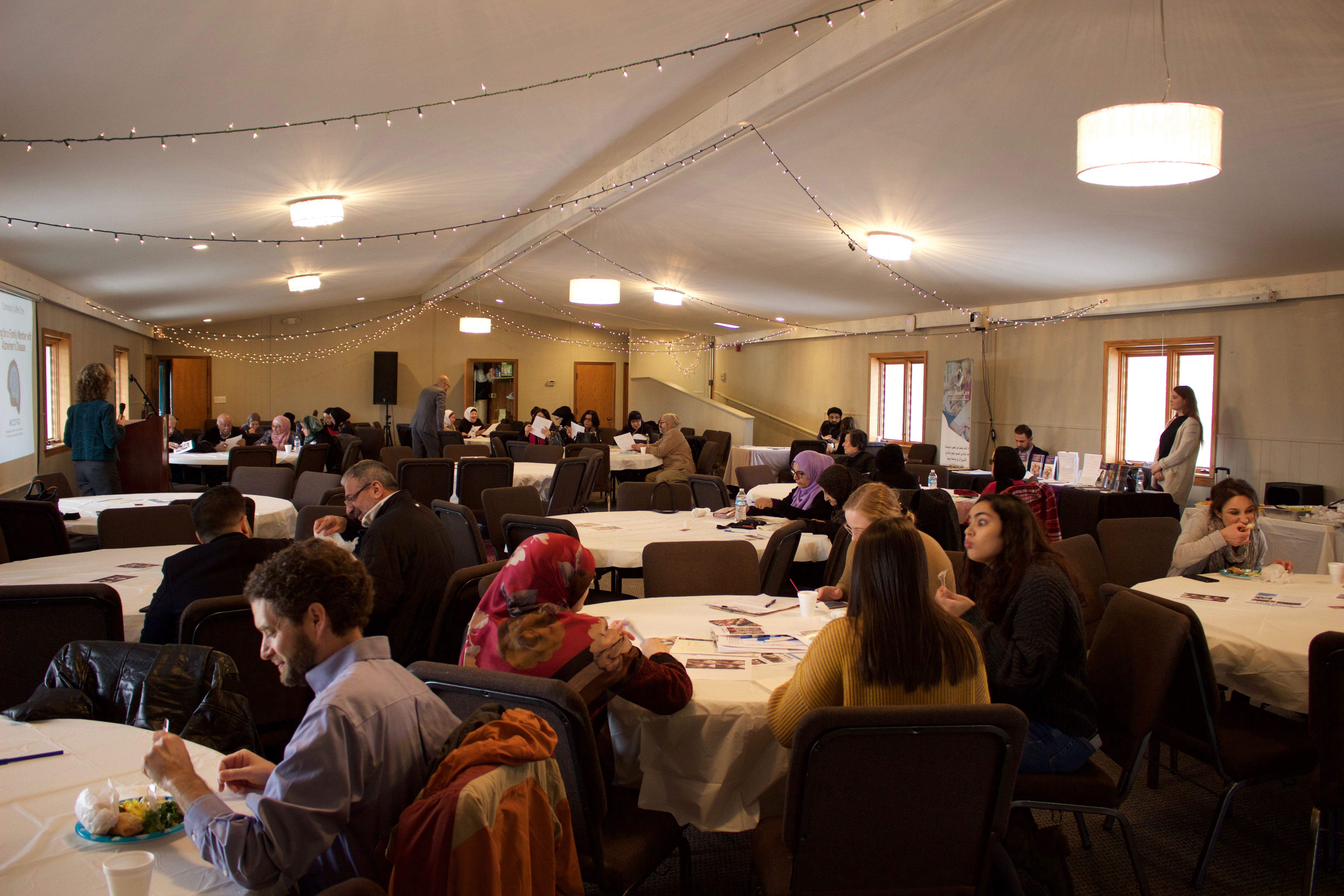
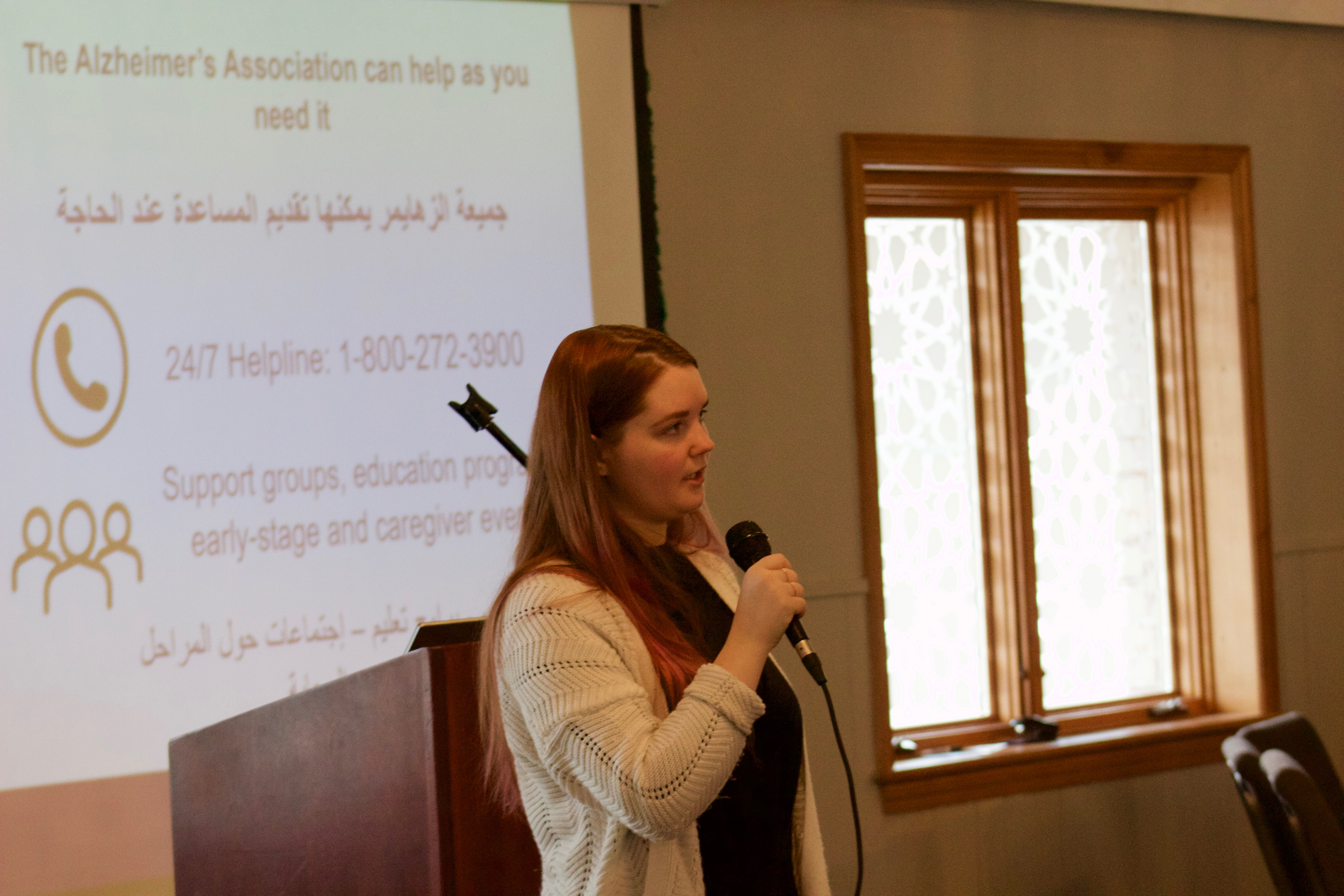
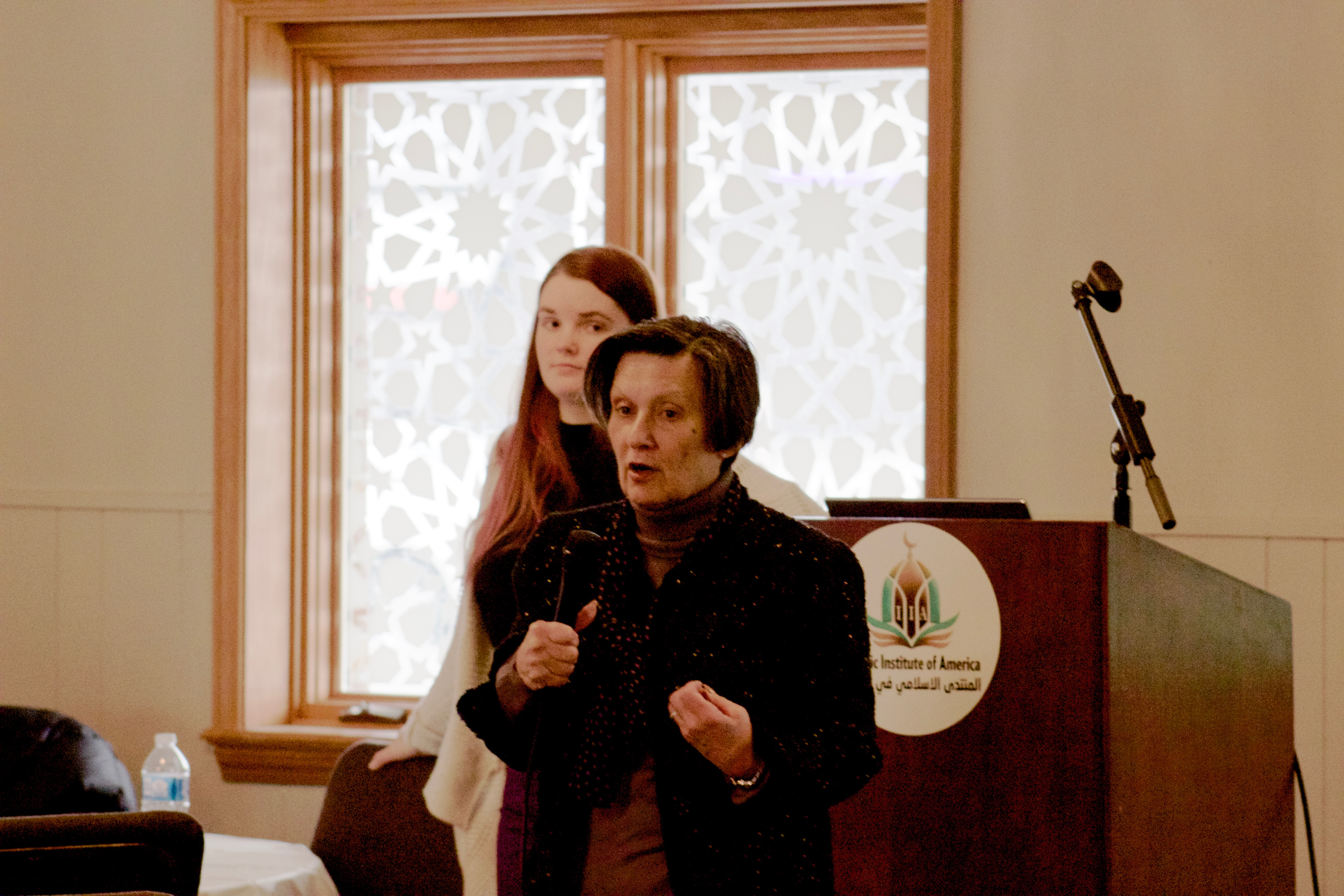
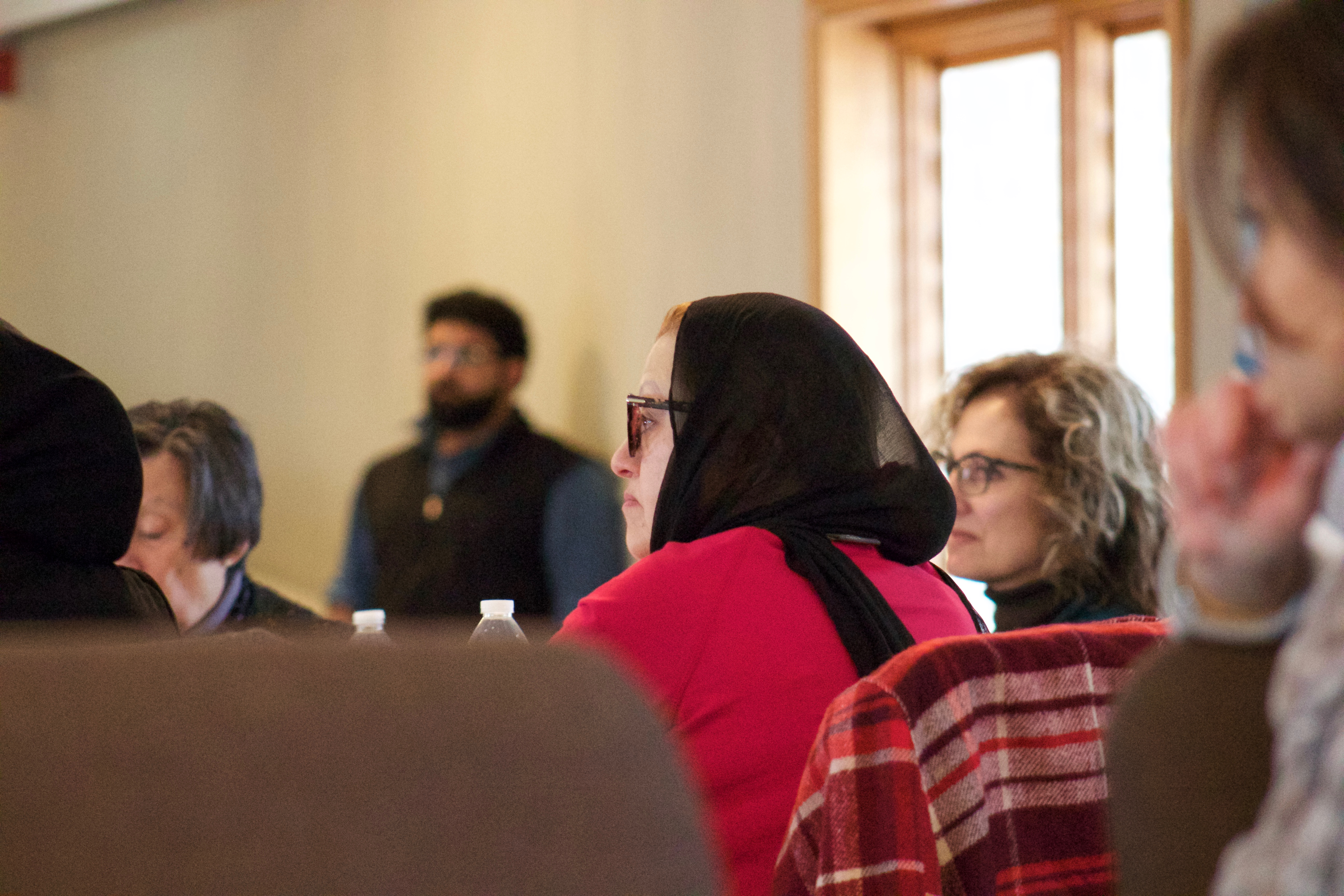




Leave a Reply